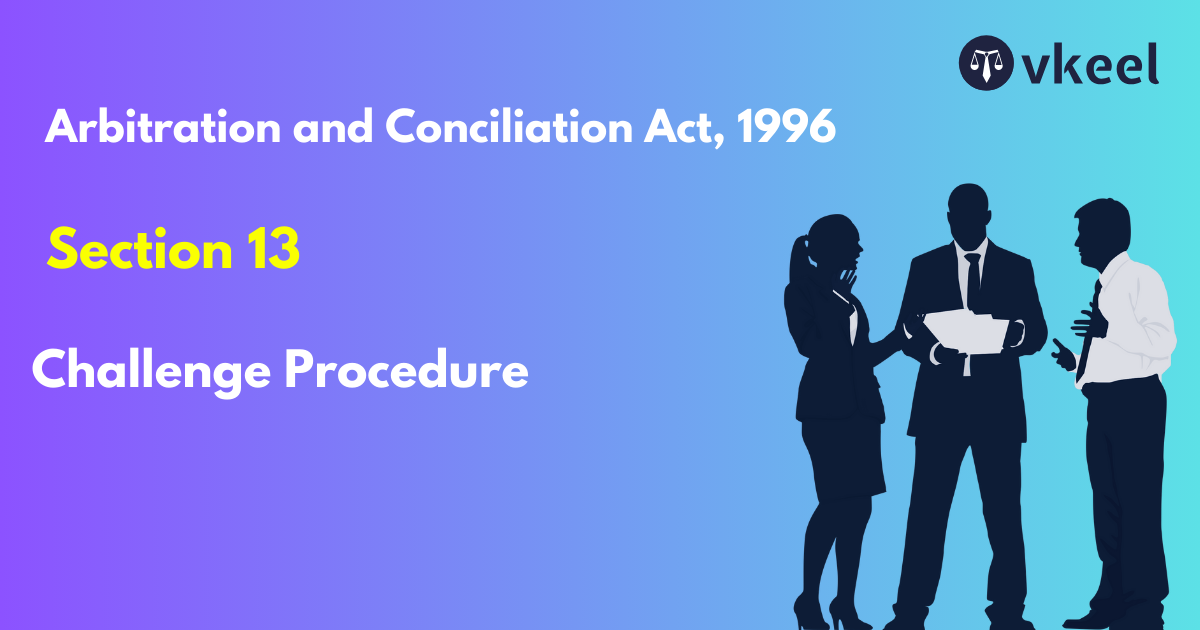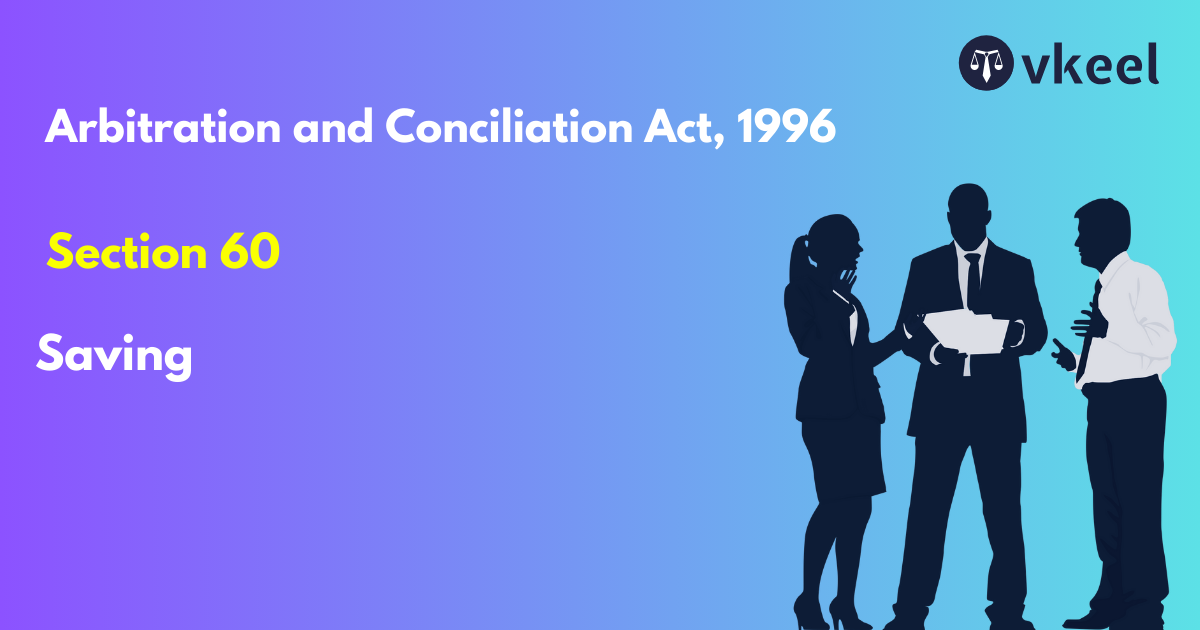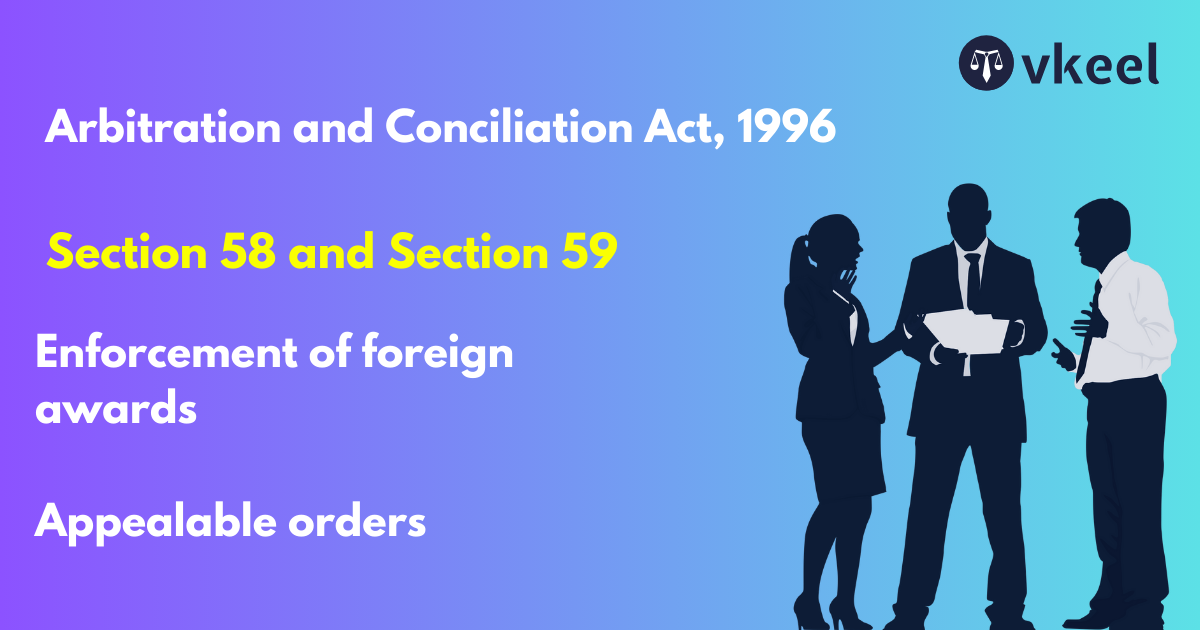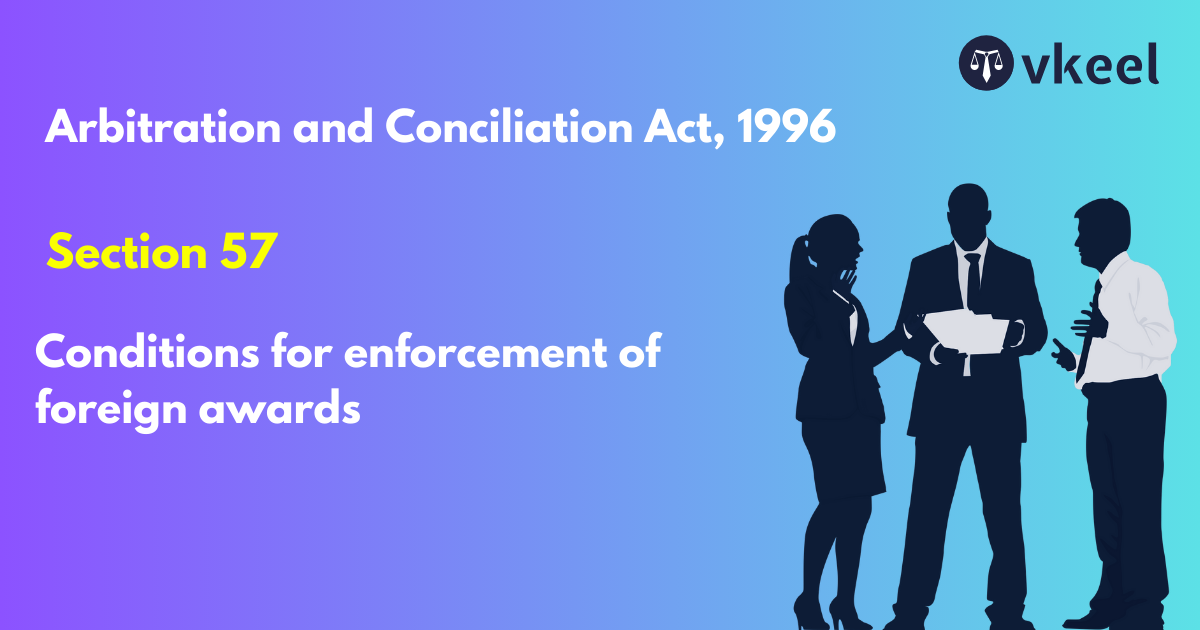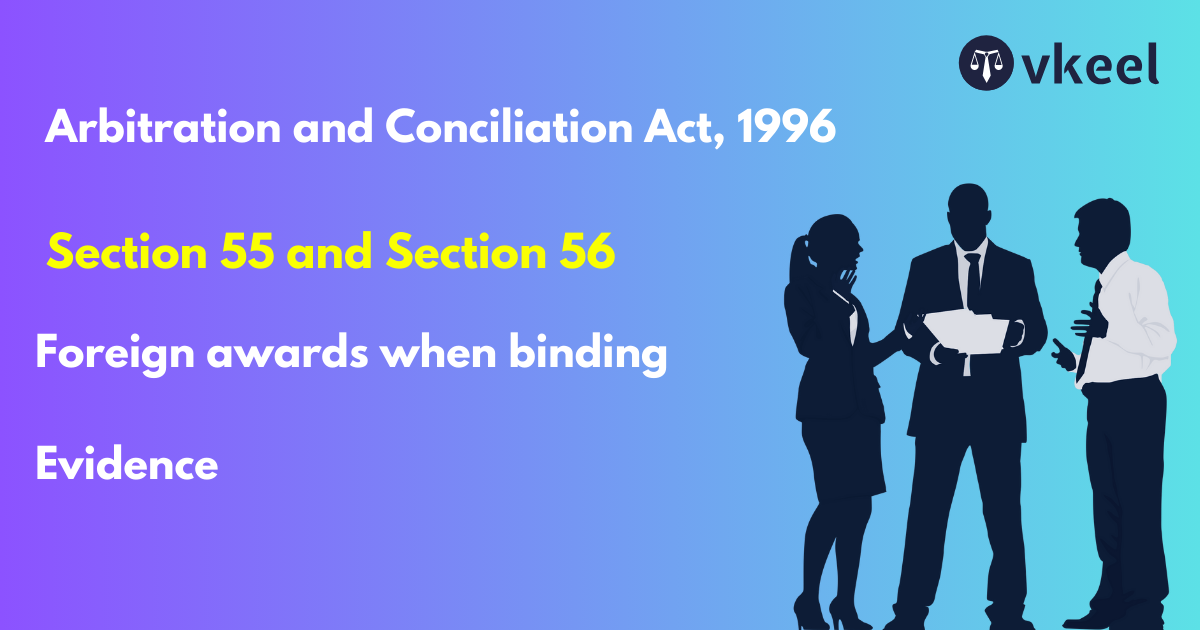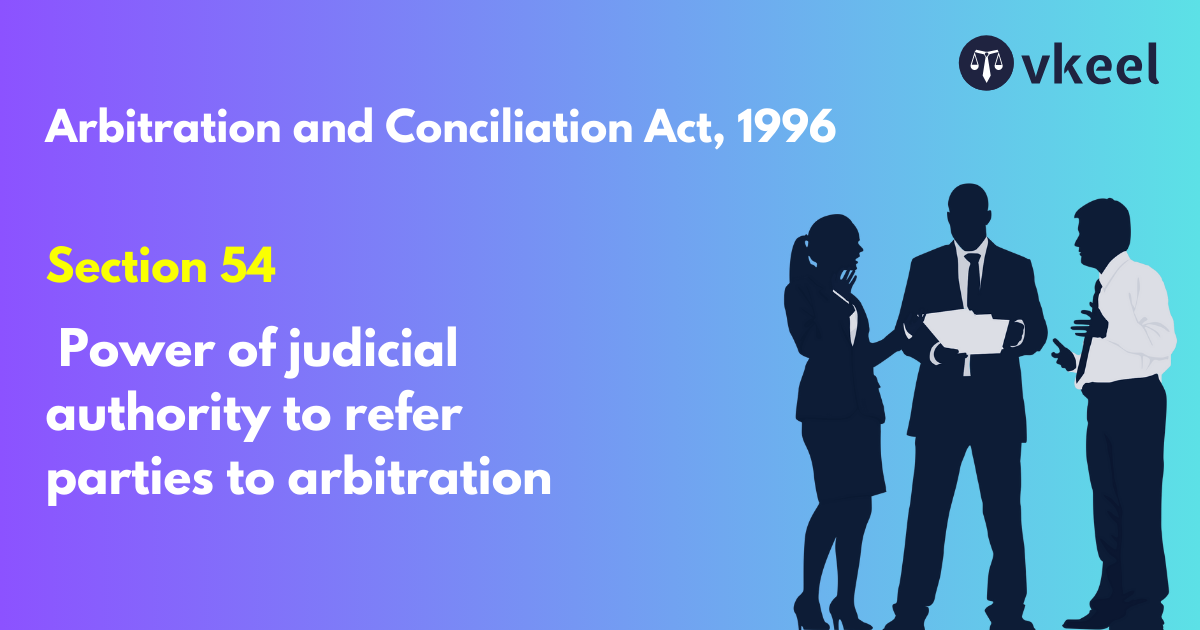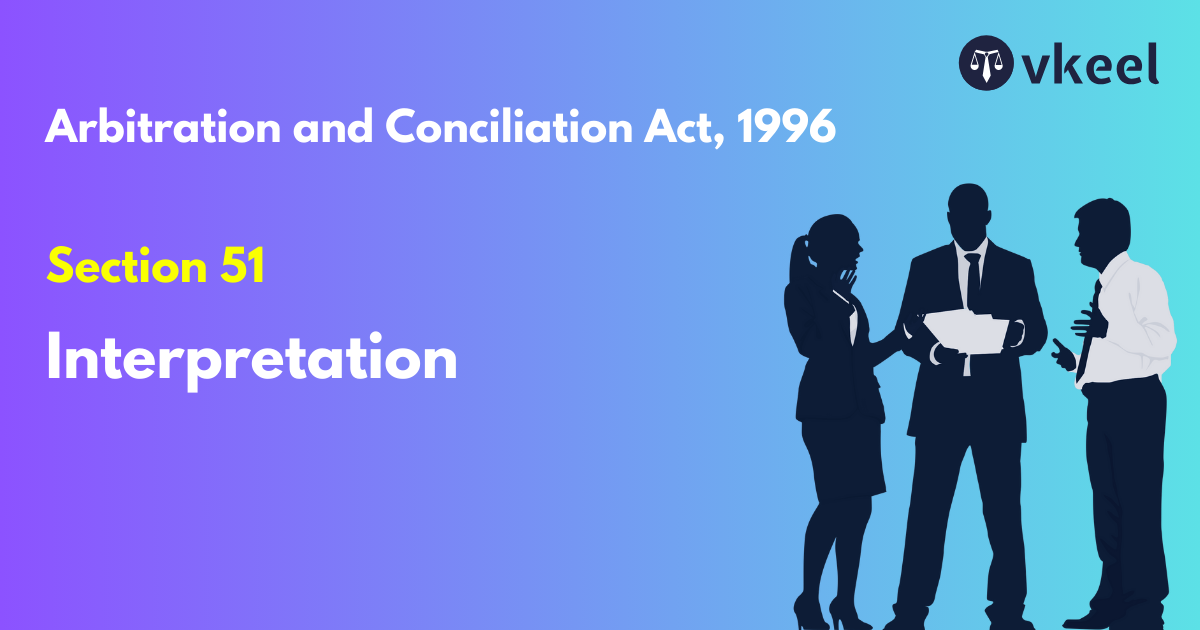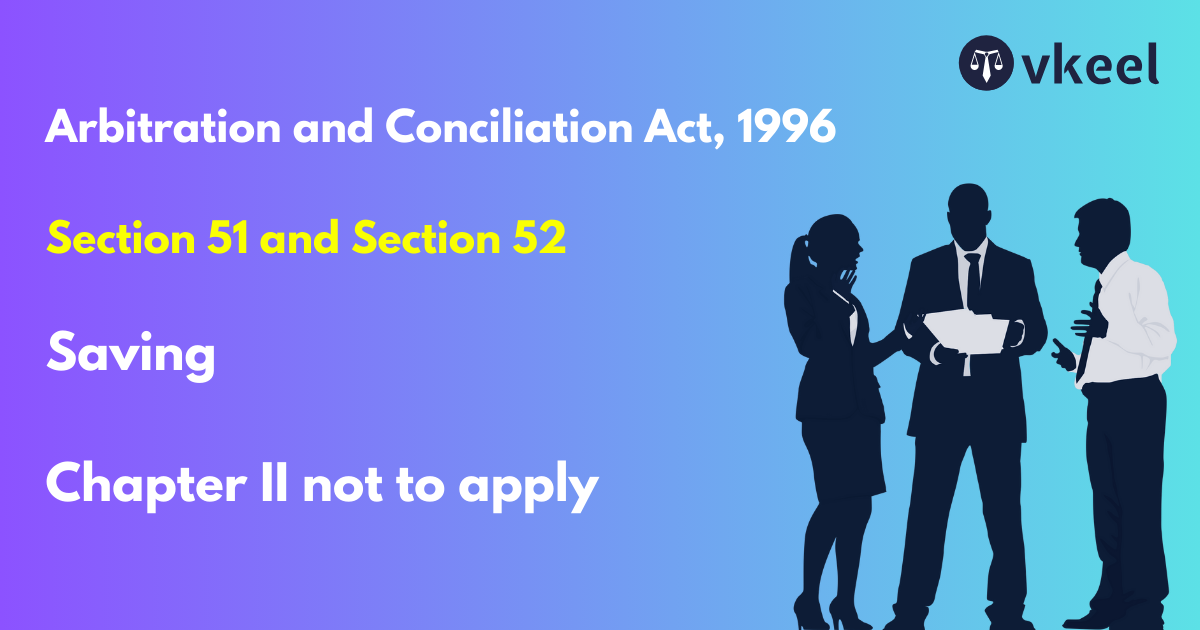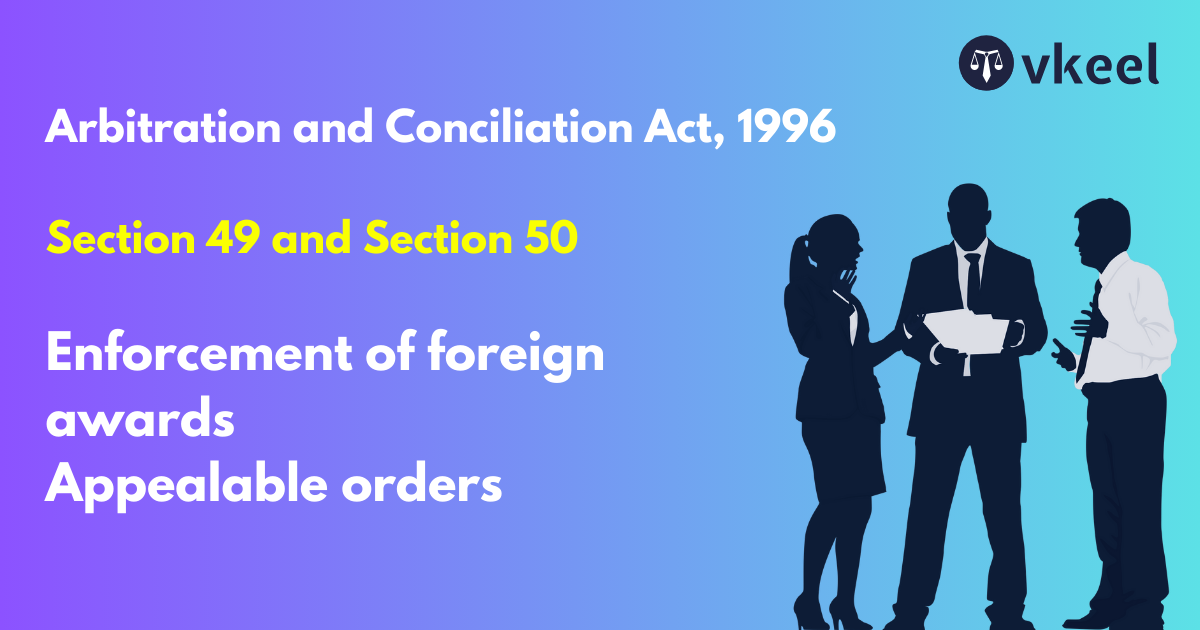Section 13: Arbitration and Conciliation Act, 1996
By Nivedita Dhiman
Table of Contents
Introduction
Section 13 is designed on the provisions of Article 13 with some changes. It provides an appeal to the court if the challenge is not successful. The court’s decision is final. No appeal is available against the decision of the arbitral tribunal on the challenge, under this section. The challenge has to be made on the form of a written statement which should include averments which justify the grounds of apprehension. It talks about the procedure for challenging the appointment of an arbitrator during arbitration proceedings. Section 13 maintains the integrity of arbitration by providing a structured method for challenges. It allows parties to raise objections about the impartiality.
Section 13 of Arbitration and Conciliation Act
Challenge procedure.
(1) Subject to sub-section (4), the parties are free to agree on a procedure for challenging an arbitrator.
(2) Failing any agreement referred to in sub-section (1), a party who intends to challenge an arbitrator shall, within fifteen days after becoming aware of the constitution of the arbitral tribunal or after becoming aware of any circumstances referred to in sub-section (3) of section 12, send a written statement of the reasons for the challenge to the arbitral tribunal.
(3) Unless the arbitrator challenged under sub-section (2) withdraws from his office or the other party agrees to the challenge, the arbitral tribunal shall decide on the challenge.
(4) If a challenge under any procedure agreed upon by the parties or under the procedure under sub-section (2) is not successful, the arbitral tribunal shall continue the arbitral proceedings and make an arbitral award.
(5) Where an arbitral award is made under sub-section (4), the party challenging the arbitrator may make an application for setting aside such an arbitral award in accordance with section 34.
(6) Where an arbitral award is set aside on an application made under sub-section (5), the Court may decide as to whether the arbitrator who is challenged is entitled to any fees.
Procedure for challenge
The procedure is significantly important as it provides a whole structured mechanism for addressing any concerns. A party can challenge an arbitrator if there are doubts or if there are lack of agreed qualifications. Once the challenge is raised, the arbitrator gets the option to withdraw from the proceedings. Where the parties continue to take part in the arbitration proceedings before an arbitrator even after his retirement, the arbitrator cannot be said to have a vested interest in continuing with the arbitration proceedings. The challenge process is designed to balance the need for an impartial tribunal so that delays can be avoided.
Landmark Judgements
OPBK Const. Pvt Ltd vs Punjab Small Industries, 2008
Parliament has chosen to deviate from the Model law in this respect evidently in view of section 5 of the principal act which stipulates that inference of the courts should be minimal.
Progressive Career Academy Pvt. Ltd. vs FIIT JEE Ltd, 2011
Courts should give full expression and efficacy to the words of the parliament especially when they are unambiguous and unequivocal, and should not deviate from the rule of literal interpretation unless such as exercise should result in absurdity.
State of Himachal Pradesh vs Lila Devi
Where by mutual consent, the disputes were referred to conservator of forests adjudication and both the parties participated in the arbitration proceedings, submitted their claims and counter claims, and produced evidence without raising any objection to the authority of the arbitrator, the parties are estopped from challenging the authority of the arbitrator by their own act, conduct.
Conclusion
Section 13 provides a clear, fair and structured mechanism to deal with the challenges and resolve disputes by empowering parties to challenge arbitrators and maintain a balance between the rights of parties and arbitral proceedings.
Disclaimer:
The information provided in the article is for general informational purposes only, and is not intended to constitute legal advice or to be relied upon as a substitute for legal advice. Furthermore, any information contained in the article is not guaranteed to be current, complete or accurate. If you require legal advice or representation, you should contact an attorney or law firm directly. We are not responsible for any damages resulting from any reliance on the content of this website.

